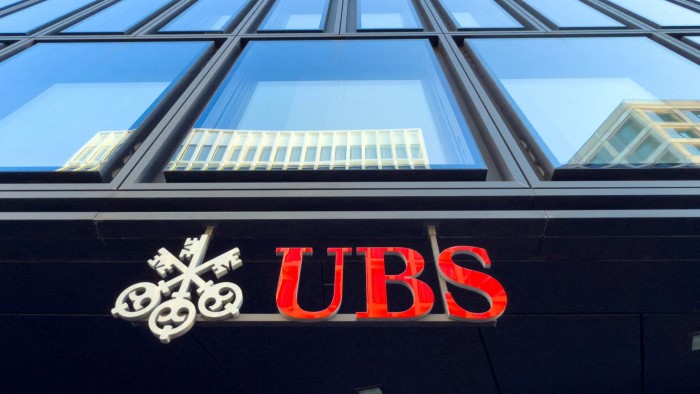Unlock the Editor’s Digest for free
Roula Khalaf, Editor of the FT, selects her favourite stories in this weekly newsletter.
Swiss bondholders are exploring ways to push for a settlement with UBS, after a court ruled that the SFr16.5bn write-off of Credit Suisse bonds during the bank’s 2023 rescue by its rival lacked a legal basis.
The Swiss Federal Administrative Court delivered a surprise ruling last month that market regulator Finma’s order to write off the additional tier 1 bonds lacked a sufficient legal basis. Finma and UBS are both appealing against the decision, which will now go to the Supreme Court.
The appeals process and subsequent proceedings could take years and the court’s decision will not be not enforced while an appeal is pending.
Altana Wealth, a large holder of Credit Suisse AT1s which is part of a group led by law firm Pallas Partners that is challenging Finma’s 2023 write-off, said it thought settlement with UBS and Finma was now a “likely outcome”.
“Our belief is both sides are incentivised to settle before that final decision [by the Supreme Court],” said Lee Robinson, founder and chief investment officer of Altana Wealth, adding there was a “high chance” Finma would push the cost to UBS.
AT1s are a class of debt designed to take losses when institutions run into trouble and generally rank ahead of equity on the balance sheet. The Credit Suisse rescue forced bigger losses on to some bondholders than shareholders, upending the traditional credit hierarchy.
The court stopped short of ruling whether investors should be repaid and any compensation from the process could take years to determine. Some analysts expect Finma and the Swiss government to be the first in line to pay compensation claims if the ruling is upheld.
UBS declined to comment. In a statement last month, it said that “being a party in the proceedings does not increase our potential legal exposure” and that it would not speculate on potential outcomes. It added it saw no need to make an accounting provision for potential costs.
“UBS believes that the writedown was in accordance with the contractual terms of the AT1 instruments and the applicable law and that Finma’s decree was lawful,” the bank added.
Andrew Coombs, an analyst at Citigroup, said: “Our base case is that this is a matter for Finma, rather than UBS, but nonetheless [the court ruling] does introduce a degree of uncertainty.”
Were the Swiss Supreme Court to uphold the lower court’s finding — even without ordering remedies or compensation — it could be disruptive.
UBS could be required to reinstate the AT1s, an act that would mean “unscrambling the egg” according to lawyers. That could mean issuing new capital, and paying backdated coupons with interest, potentially costing several billion dollars and straining its capital ratio, Robinson added.
One senior finance executive in Zurich said they thought the odds of Supreme Court upholding the lower court’s decision were “50-50”. The situation is “bad for Finma, bad for UBS and bad for Switzerland”, they added
Anke Reingen, co-head of global financials research at Royal Bank of Canada, said UBS would likely seek its own compensation from the Swiss state were it required to make payouts to bondholders.
Since their wipeout, Credit Suisse AT1s no longer pay coupons or carry enforceable terms that UBS must honour. Instead, dealers and investors trade claims tied to potential future compensation or to the possibility that the bonds might one day regain their legal status as securities.
Prices on claims tied to the AT1 bonds have risen rapidly since the court ruling. Dealers are willing to buy claims for more than 30 cents on the dollar, up from about 12 cents before the court ruling.
Jonas Hertner, a lawyer representing several bondholders who has approached both UBS and Finma, has proposed a special fund created by the state and financed by UBS to compensate bondholders in exchange for waiving claims against both. “Settling these disputes conclusively would help the bank a lot,” he said.




